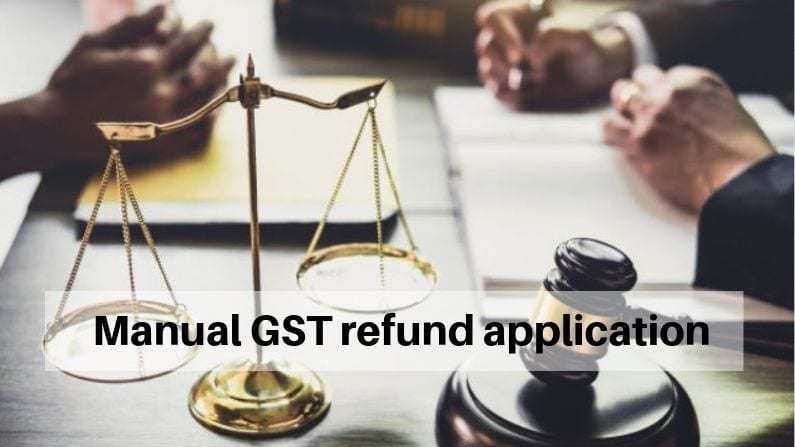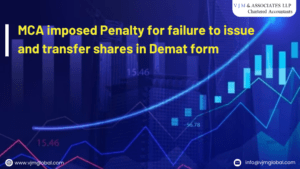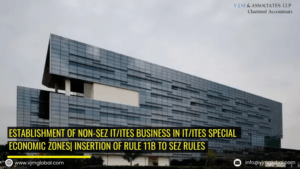In the recent judgement, Delhi High court made it clear that once order of the High Court was issued, the GST officer was bound by the same to accept manual GST refund application from the taxpayer. Delay in processing of refund claims and grant on provisional refund within the statutory timelines have resulted in severe working capital and compliance issues for taxpayers. Often, taxpayers have approached courts to obtain directions from the courts in order to expedite the refunds.
Recently, the Delhi High Court in the case of GSI Products and AC Impex vs. Union of India and PC Universal Pvt. Ltd vs. GST Council & Others [W.P.(C) 9161/2018 And Cm Appl.35316/2018, W.P.(C) 13881/2018 And Cm Appl.54179/2018, W.P.(C)194/2019 & Cm Appl.946/2019] had taken a serious view of the matter pertaining to significant delays in grant of provisional refunds by GST authorities.
1. Introduction
The taxpayer filed manual refund claim, which was rejected by GST officer, despite specific directions and order of the High court to accept manual refund claim. Subsequently, the application was accepted and processed; however provisional refund could not be granted within the statutory timelines. Despite specific orders of the High court and assurances given by the GST authorities to the High court, the GST authorities failed to expedite the process on account of administrative reasons and non-availability of members of the RAC.
Ruling in favour of the taxpayer, the High court directed the GST authorities to grant provisional refund within one week, i.e., on or before the date of next hearing. Further, the High court also directed the Commissioner and members of RAC directed to personally appear on the date of next hearing and also file affidavits to explain why they should not be proceeded against for contempt of High court order.
2. Facts of the case
- The taxpayer had filed manual applications for grant of refund and the same were rejected by the GST officer.
- The taxpayer approached the High Court by way of a writ petition and obtained relief to file manual refund applications as the same was not barred by limitation. However, it was open to the GST officer was to examine the legality of the refund applications.
- Pursuant to the liberty granted, the taxpayer filed refund applications manually on 28 January 2019 along with the online application filed at the first instance on 2 November 2018 and order of the High Court.
- Despite clear directions of the High Court, the manual refund applications were rejected vide order dated 22 March 2019 on the ground that the same had to be filed electronically in FORM GST RFD-01 through the common portal.
- Assurances given by GST authorities to the High Court on grant of provisional refund by RAC were not fulfilled.
3. Arguments of the taxpayer:
- The rejection order dated 22 March 2019 was passed without giving any prior information to the Petitioner/ affording an opportunity of being heard.
- The order is in contravention to Rule 97 A of the Central Goods and Services Tax Rules, 2017 (‘CGST Rules’) which clearly states that “any reference to electronic filing of an application, intimation, reply, declaration, statement or electronic issuance of a notice, order or certificate on the common portal shall, in respect of any process or procedure, include manual filing.”
- Similar provisions also exist under the Delhi GST Rules.
- The rejection was also in contravention of the order of the High Court dated 28 March 2019.
- RAC created by the GST authorities has not complied with the order of the High Court in expediting the grant of refund.
- The legal sanctity of RAC is under question, as there is no basis under CGST Act or the CGST Rules for constitution of the same.
4. Judgement of the Delhi High Court:
- Once order of the High Court was issued, the GST officer was bound by the same to accept manual GST refund application from the taxpayer.
- Some officials of the RAC were deputed on election duties and/ or on leave. Hence, the RAC could not pass the orders for grant of provisional refund.
- Thereafter, the RAC was reconstituted and new set of officers were nominated. However, the new set of officers were also on deputation for election duties and/ or on leave of absence. Effectively, the RAC could not function on all days due to the non-availability of some officers.
- In matters of refund, despite numerous orders by High Court over the years, statutory provisions have been observed invariably in the breach. Very often, the High Court is faced with similar situations.
- The High Court observed that the constitution of the RAC has, instead of improving compliance, made matters worse.
- Provisional refund to be paid to the taxpayer in the next one week, on or before the date of next hearing.
- Commissioner and members of RAC directed to personally appear before the High Court on the date of next hearing and also file affidavits to explain why the High Court should not proceed against them for contempt of High Court order.
Read other important clarification on GST Refund






